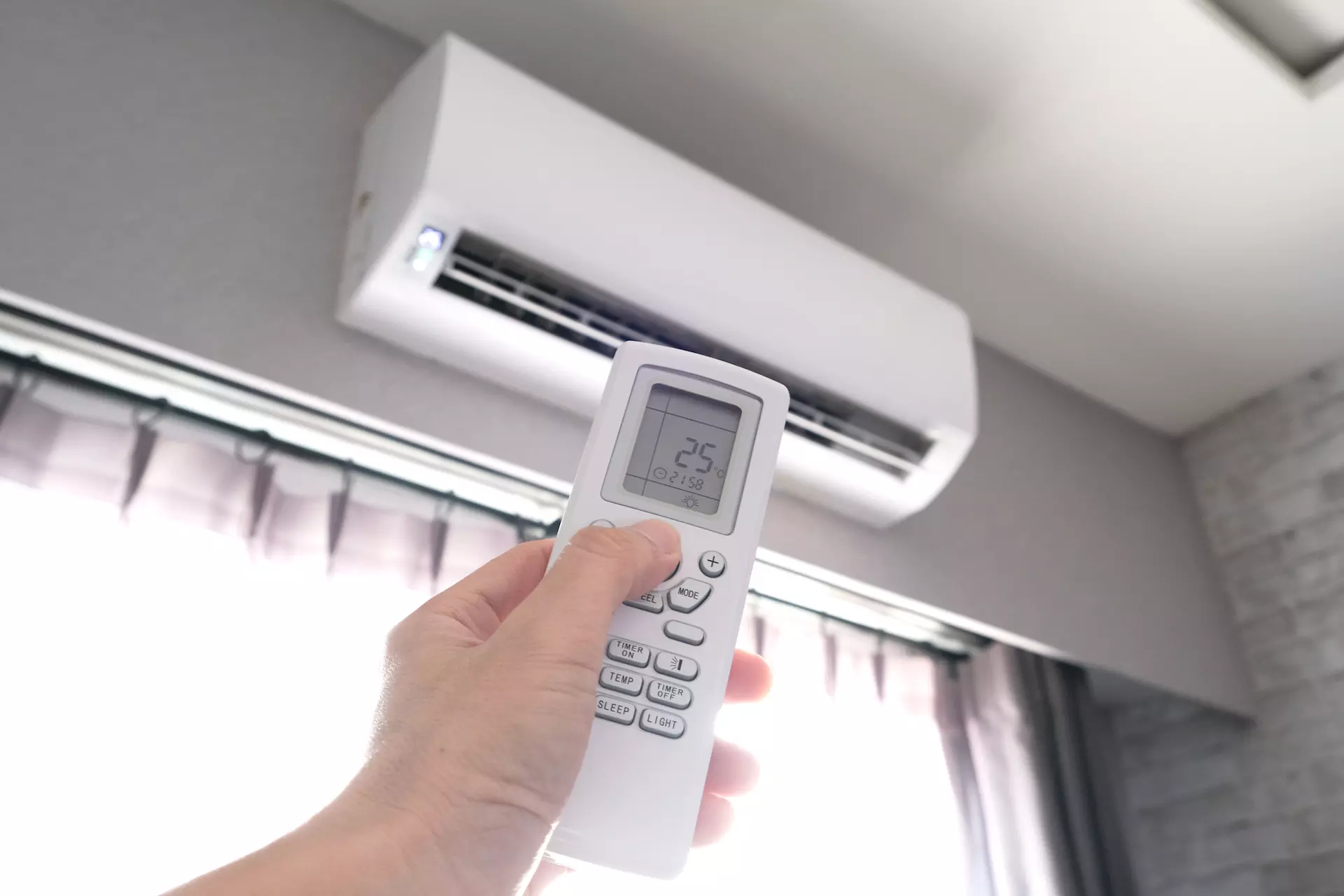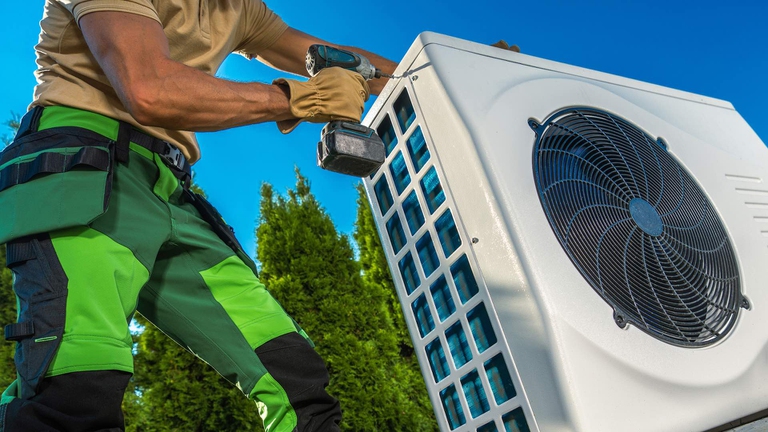https://www.lifegate.it/regolamento-fgas
- |
Gabriele Di Prenda, an expert in regulations and fluorinated gases (F-Gas), has no doubts:the regulation that Europe wants to introduce for eliminate hydrofluorocarbons (HFCs) by 2029 is bound to create negative effects on the market.It is true that the so-called “F-Gas Regulation” aims to reduce those gases that have a harmful impact on the atmosphere but for Di Prenda it is a hasty measure, which could cause considerable damage to the Italian economy.

What's the deal with F-Gases
The regulation on refrigerant gases is a revision of a regulation that has already existed since 2014, which must periodically be reviewed and corrected based on new decarbonization objectives.F-gases are used in various sectors:refrigeration, air conditioning, foams, aerosols and fixed fire protection systems.The regulation revision affects the gases used in refrigeration and air conditioning.
Hence the concern of companies in the sector.And Di Prenda:“In the meantime, it must be clarified that it is true that current HFC gases contribute to the greenhouse effect but only if dispersed in the atmosphere.It must also be said that on the market there are older gases, and therefore with greater effects, and more innovative gases which have a reduced impact".
Having made the necessary distinctions, if the European Parliament, Commission and Council (the regulation is in fact found in the so-called European trilogue, i.e. in the phase in which the three institutions each make a text proposal and then discuss it) were to proceed on the F-Gas regulation as expected, "the entire sector is at risk of domestic and commercial air conditioning, especially as regards Italy".
Replacing F-Gas takes longer
The goal is to eliminate the use of HFC refrigerants used in air conditioners and heat pumps by 2029 and replace them with natural refrigerants, such as ammonia and propane.It's not just a problem of timing – “it would take at least 4-5 more years, therefore move the goal to at least 2032", explains Di Prenda - but the regulation would "clash" with the current ones Italian laws:the bans, in fact, would apply in installation contexts currently regulated by the Fire Prevention Code, which prohibits easily flammable substances in shopping centers with a surface area greater than 400 metres, in hospitals and in cinemas.The easily flammable substances prohibited are precisely propane and ammonia, i.e. those that the EU would like to introduce in place of HFC gases.
“Then there is also a problem in the residential sector”, continues Di Prenda, “where even if there is no fire code it is still necessary to guarantee that there is no risk of accumulation of substances which can lead to combustion.These appliances must respect minimum distances from sewers, doors and windows:if we take a look at how our air conditioners are installed today, it would be difficult to make our regulation agree with the European one that we would like to introduce".

In Italy, unlike northern Europe, it would be a problem
But because propane air conditioners can be freely installed elsewhere and not in Italy? “The new European regulation closely follows the customs of northern Europe, where there are fewer restrictions because there are many fewer air conditioners than in our territory. It is a factor of climate and number of appliances installed.And then, while in the north there are many centralized systems, our urban contexts are dotted with autonomous systems.A cultural change would be needed and I don't see it as a viable path in a short time", concludes the expert.
Finally, there is a paradox to resolve:the plan RePowerEu, the common European energy strategy, involves the increasingly massive installation of heat pumps.But heat pumps, although electric, also use F-Gas inside them.The pumps we are installing in Italy, therefore, they would no longer be compliant after 2029, should the regulation be approved.
This means that when they break, there will be less availability of spare parts, which will generally be more expensive and therefore many will be replaced, with an additional burden in economic terms for families."Today, 88 percent of the heat pumps installed in Italy use hydrofluorocarbons.We all agree on decarbonising our society, but we need more granular regulations, i.e. that take different contexts and needs into consideration."
